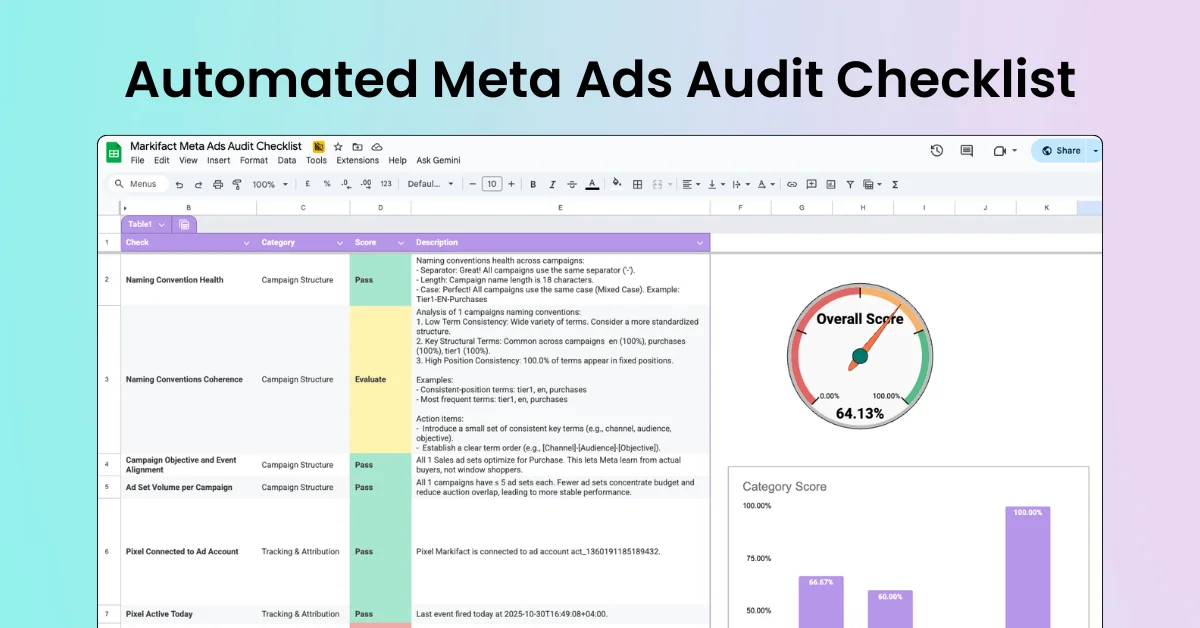Talent management in gaming and esports is a growing business, but it still faces challenges and conflicts of interest. The industry flourished during the COVID-19 pandemic in 2021 and 2022, but some brands' gaming budgets have returned to pre-COVID levels in 2024, forcing talent managers to adapt.
Talent managers are increasingly in competition with esports organizations as they take on more roles in their players' professional lives. However, dedicated gaming and esports talent managers do not see esports organizations as true rivals. They believe their business model is more creator-friendly than that of esports organizations, which prioritize organization-wide deals over individual sponsorships.
Larger talent agencies, such as United Talent Agency (UTA), have entered the gaming and esports space, which is both a positive and negative development for endemic management firms. It indicates an increase in brands' interest in gaming and esports, but managers of smaller influencers worry that UTA's presence could take away brand deals that would have gone to less-established creators.
Management by a friend or family member is common in gaming and esports. While it can be beneficial to work with someone who knew the influencer before they became famous, there are risks associated with mixing friendship and management. Inexperienced negotiation can lead to financial loss, and predatory management practices can result in managers taking an undue portion of their clients' sponsorship revenue.
Despite these challenges, firms like Nani Talent and The Kinetic Group have expanded in 2024. However, many managers predict that there will be fewer management firms in the gaming space by next year, following a year of mergers and acquisitions for esports organizations in 2023. Changes are expected in the talent management side of the industry in 2024.



















